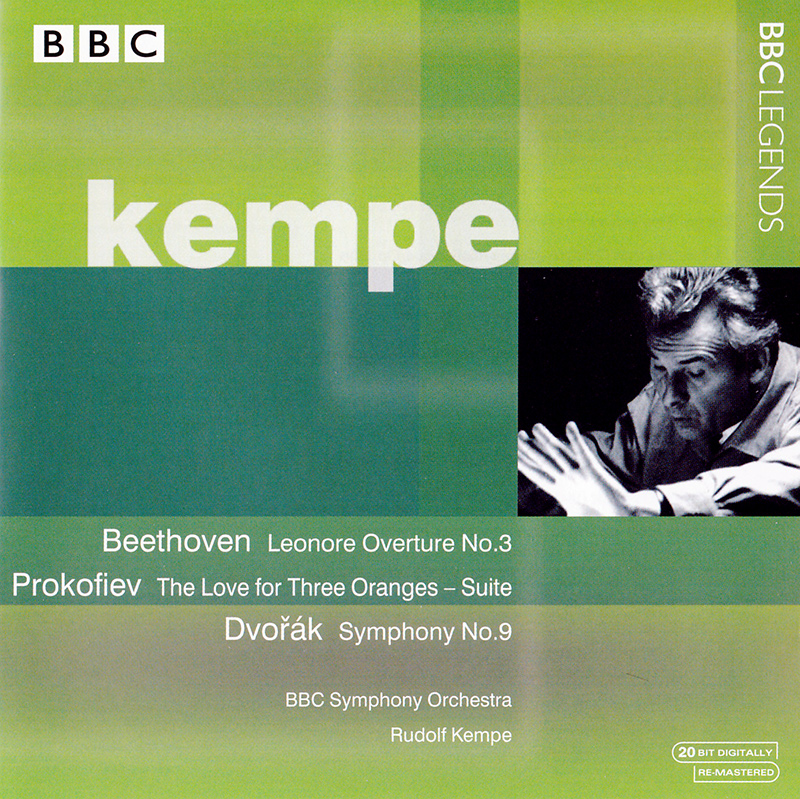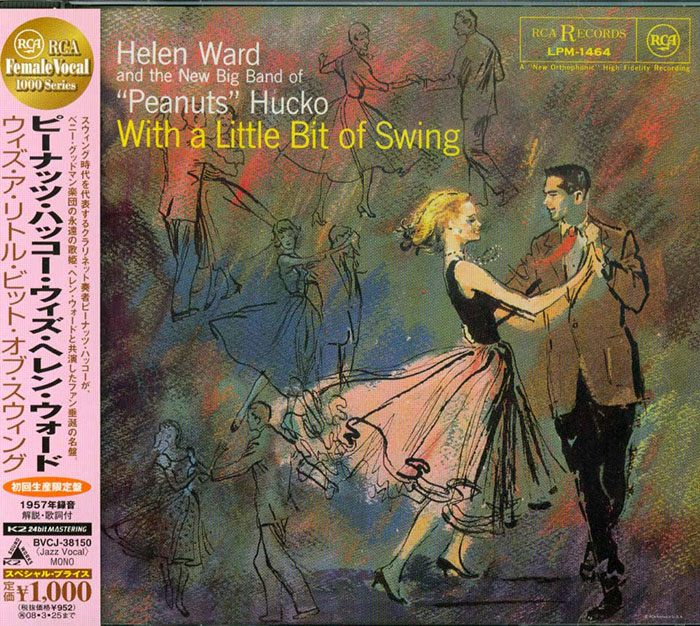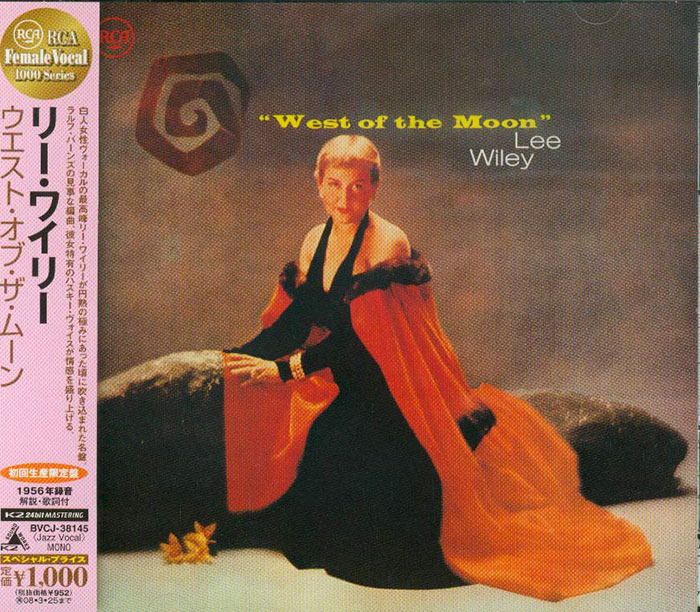Logowanie
OSTATNI taki wybór na świecie
Nancy Wilson, Peggy Lee, Bobby Darin, Julie London, Dinah Washington, Ella Fitzgerald, Lou Rawls
Diamond Voices of the Fifties - vol. 2
Tylko 1000 egzemplarzy!!!
DVORAK, BEETHOVEN, Boris Koutzen, Royal Classic Symphonica
Symfonie nr. 9 / Wellingtons Sieg Op.91
nowa seria: Nature and Music - nagranie w pełni analogowe
Petra Rosa, Eddie C.
Celebrating the art and spirit of music - vol. 3 - Pure
warm sophisticated voice...
Peggy Lee, Doris Day, Julie London, Dinah Shore, Dakota Station
Diamond Voices of the fifthies
Tylko 1000 egzemplarzy!!!
SAMPLER - STS DIGITAL, Buddy Tate, Milt Buckner, Walace Bishop
Jazz Masters - Legendary Jazz Recordings - v. 1
proszę pokazać mi drugą taką płytę na świecie!
Chesky! Niezmiennie perfekcyjny
Winylowy niezbędnik
ClearAudio
Double Matrix Professional - Sonic
najbardziej inteligentna i skuteczna pralka do płyt winylowych wszelkiego typu - całkowicie automatyczna
BEETHOVEN, PROKOFIEV, DVORAK, BBC Symphony Orchestra, Rudolf Kempe
Leonore Overture No. 3 / The Love for Three Oranges / Symphony No. 9
- Beethoven Leonore Overture, Prokofiev The Lof for Three Oranges, Dvorak Symphony No 9
- 01. Beethoven - Leonore Overture No. 3 (14:34)
- 02. Prokofiev - The Love for Three Oranges - Les Ridicules Vivo (3:05)
- 03. Prokofiev - The Love for Three Oranges Le Magicien Tchelio et Fata Morgana jouent aux cartes (3:15)
- 04. Prokofiev - The Love for Three Oranges Marche. Tempo di Marcia (1:25)
- 05. Prokofiev - The Love for Three Oranges Scherzo. Allegro con brio (1:31)
- 06. Prokofiev - The Love for Three Oranges Le Prince et la Princesse. Andantino (3:46)
- 07. Prokofiev - The Love for Three Oranges La Fuite. Allegro (2:55)
- 08. Dvorak - Symphony No 9 'From the New World' Allegro molto (9:51)
- 09. Dvorak - Symphony No 9 'From the New World' Largo (11:48)
- 10. Dvorak - Symphony No 9 'From the New World' Scherzo. Molto vivace (7:43)
- 11. Dvorak - Symphony No 9 'From the New World' Allegro con fuoco (10:41)
- Rudolf Kempe - conductor
- BBC Symphony Orchestra - orchestra
- BEETHOVEN
- PROKOFIEV
- DVORAK
The vaults yield more treasures in this current batch of BBC Legends releases. David Oistrakh’s authority in the Shostakovich concertos is an absolute feast for the ear. This 1962 performance of the First differs a little from his mid-Fifties recordings with Mitropoulos and the New York Philharmonic, and I could understand an honest preference for the riper tone and more pleading delivery of the opening movement in the earlier accounts. In this later performance, though, ensemble is tauter in the fast movements and Oistrakh’s sleeker playing makes a pleasingly wry effect. An effective performance of Ysaÿe’s Amitié for two violins and orchestra – a brooding, sensual, ecstatic work that is far too little known – rounds out a disc that merits an enthusiastic general recommendation. The other gem comes from Rudolf Kempe, whose music-making has never seemed more stimulating than in these 1975 performances. Everything comes up newly minted – Beethoven’s third Leonore Overture is superbly dramatic without being unduly driven, the suite from Prokofiev’s Love for Three Oranges makes a slashingly urgent impression, and Dvorák’s New World Symphony alternates between expressive urgency, natural phrasing, and some of the most raptly achieved quiet moments I can recall. The only blemish – a forgivable one – is a recording that lends the vigorous timpani-playing great presence while sometimes allowing violins to recede into the background. Pierre Monteux’s joyous spirit is beautifully reflected in his accounts of Brahms’s Third, Schumann’s Fourth and Rossini’s Overture to L’italiana in Algeri, despite unusual tempo shifts that sometimes sound contrived or result in ragged ensemble. The last disc finds Leopold Stokowski’s restless eye lighting on Nielsen’s Sixth for the only time in his career; the result is a curiously tumultuous, Ivesian view of this absorbingly unpredictable work. In the remaining pieces by Gabrieli, Liszt and Tippett, flamboyant phrasing and luscious sonorities are somewhat betrayed by a dry acoustical perspective, but the Stokowski touch in this unusual programme will be relished by his many admirers.

































